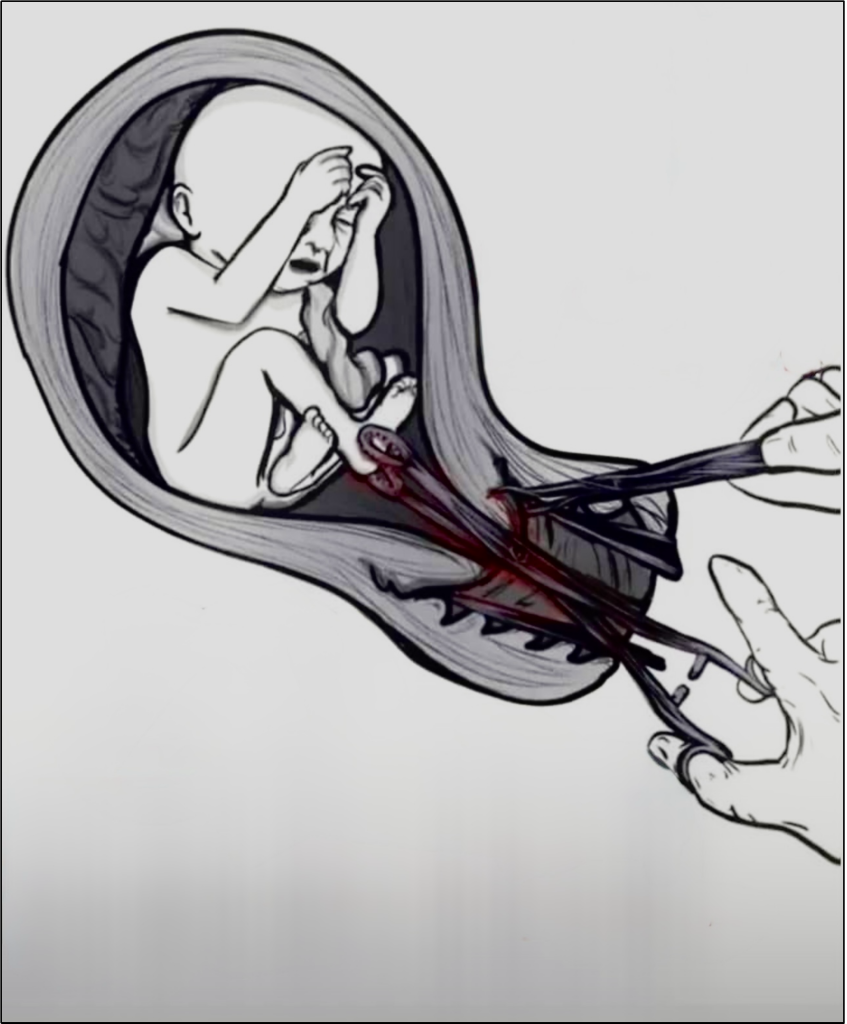The government of Sierra Leone has taken decisive steps toward decriminalising abortion and reforming colonial-era laws that have long restricted reproductive health rights.
President Julius Maada Bio announced in July 2022 that his cabinet has unanimously supported a groundbreaking bill aimed at ensuring risk-free motherhood. This move could greatly expand access to abortion services in a nation where such procedures are currently only permitted when a mother’s life is at stake.
This progressive initiative comes after years of advocacy from government officials and a diverse coalition of women’s rights organizations, who have tirelessly campaigned for reform.
The proposed Safe Motherhood and Reproductive Health Bill has received cabinet approval and is now in the drafting stage, with hopes that it will be submitted to parliament by September 2025 and passed within the same year.
“At a time when sexual and reproductive health rights for women are either being overturned or threatened, we are proud that Sierra Leone can once again lead with progressive reforms,” President Bio stated. His remarks reflect a broader global context, particularly in light of the recent U.S. Supreme Court decision that revoked constitutional protections for abortion, igniting debates and concerns about women’s rights worldwide.
The existing abortion law in Sierra Leone, adopted in 1861, has been a source of contention for decades, particularly since the country gained independence from British colonial rule. Previous attempts to reform the law have faltered, notably in 2015 when a proposed bill allowing terminations up to 12 weeks was passed by parliament but ultimately blocked by then-President Ernest Bai Koroma due to pressure from religious and anti-abortion groups.
The Safe Motherhood Bill, which was officially introduced in parliament on December 16, 2024, promises to deliver numerous benefits, including guaranteed prenatal and postnatal care for women and girls, and essential reproductive health services aimed at improving their overall well-being. Deputy Minister of Health, Jalikatu Muspha, described the bill as a “landmark” initiative that has the potential to transform healthcare for women and girls across the nation.
Honourable Wuyatta Songa, Chair of the Health Committee and a member of the parliamentary caucus expressed optimism about the bill’s prospects. “This bill is long overdue; our women and girls are dying, and we have to find a way to save them. This bill will ensure that, and as women, we are happy for it and will support it to pass,” she asserted, emphasizing the urgent need for reform in the face of maternal health crises.
The Minister of Information and Civic Education, Chernor Bah, highlighted the government’s commitment to ongoing engagement with the public and stakeholders, ensuring that discussions continue even after the bill’s passage. This approach aims to foster a collaborative environment where the voices of women and girls are prioritized in matters affecting their health and rights.
Despite the overwhelming support from various sectors, the proposed bill has encountered significant opposition from religious leaders across the country. A meeting held on January 2, 2025, between representatives of religious organizations and government officials, including the Minister of Information and Civic Education and the Deputy Minister of Health, revealed the depth of concern surrounding the bill. Religious leaders requested access to the proposed modifications to the legislation for further review. Following this meeting, the draft document was sent to Most Rev. Edward Tamba Charles, the Catholic Archbishop of Freetown and President of the Inter-religious Council of Sierra Leone, on January 3, 2025. Religious leaders are currently studying the bill, and there is anticipation regarding their feedback and potential influence on the legislative process.
